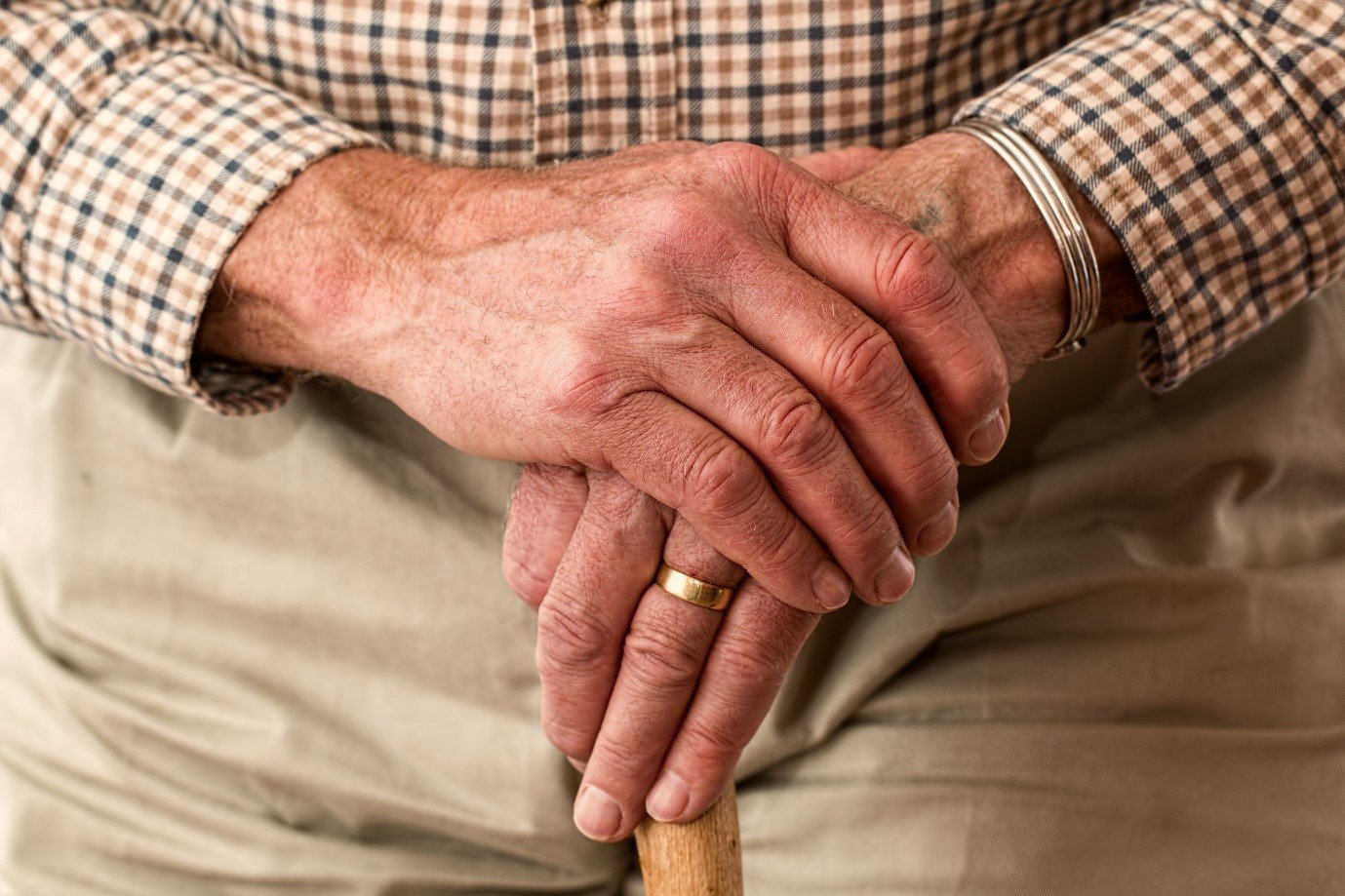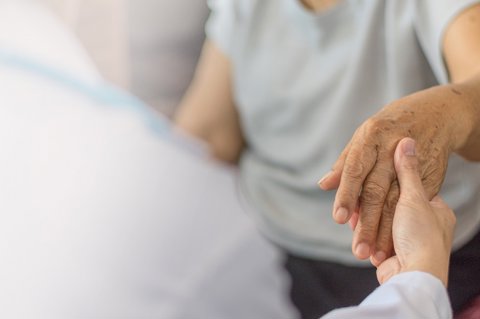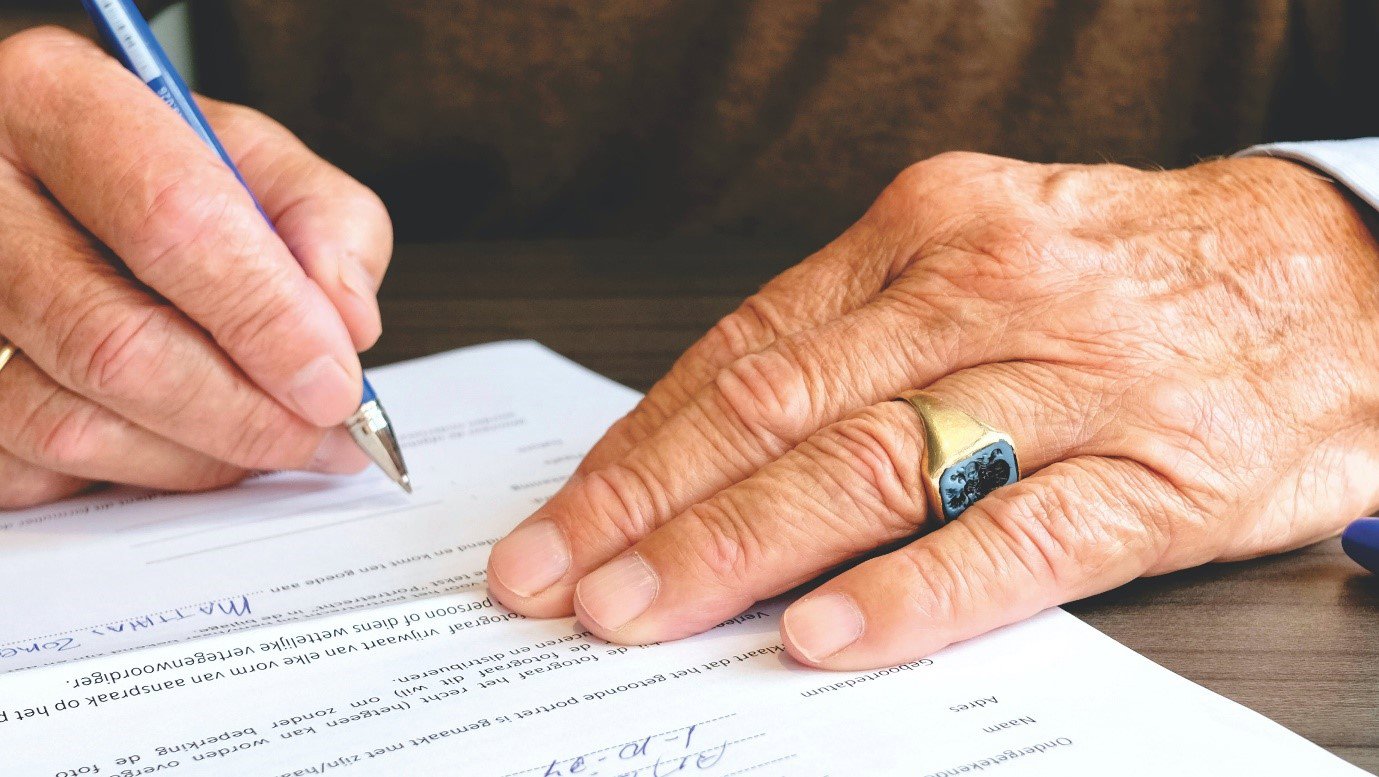Types of Court of Protection Deputy Orders
There are two types of Deputy Order which the Court of Protection can make. These include:
- Property and financial affairs deputy: These Deputy Orders mean you’ll be able to manage and pay the person’s bills and deal with their pension.
- Personal welfare deputy: These Deputy Orders give you the ability to make decisions regarding the person’s medical treatment and their care.
There are a few things which could lead to someone being unable to deal with your finances and welfare. For example, perhaps you or a loved one have been through or are going through a Personal Injury Claim, where the injury has impacted your mental capacity when it comes to making decisions like this.
Whatever the reason may be for you or a loved one needing a Court of Protection Deputy Order, there will be an option for you.
How the Court of Protection Can Help Your Family
The Court of Protection and its associated rules could help your family in a wide range of ways. If you or a loved one are suffering from Dementia or Alzheimer's, or are in any other way unable to make financial and welfare-based decisions, the Court of Protection can appoint a Deputy to manage these things for you.
This way, everything is managed, making sure that all your property, finances and assets are stable and secure, helping you support your family, and ensuring that any decisions made are in your and their best interests.

How Much Does It Cost?
Right now, the fees for the Court of Protection are as follows:
- Application fee, to begin court proceedings: £371
- Appeal fee, when you’re appealing a Court decision: £234
- Hearing fee, if the Court has a hearing to make a decision: £494
- Copy of document fee, if you request a copy of a document: £5
How Do I Apply?
If you’re looking to apply to be a Deputy for a loved one, you need to make sure that you meet the criteria under the Mental Capacity Act 2005.
The application process can be a little complex, which is why it’s a good idea to consult with a Court of Protection Solicitor to take you through how it all works. This way, you’ll be able to understand the forms you’ll need to fill in and the deadlines you’ll need to work to, in order to get things moving.
What Happens if I Can’t Pay?
If you need help with understanding your options when it comes to getting funding for these kinds of things, if you get in touch with our friendly and non-judgemental team of Solicitors, we can help guide you through what you can do.
There will be routes you can go down to be able to fund your application for the Court of Protection, which is why it’s always worth seeing what legal advice you can get before making decisions on which of these routes you should go down to apply for the Court of Protection.
What is the Law that Applies to the Court of Protection?
There are a few laws which apply to the Court of Protection.
The main law which applies is the Mental Capacity Act. This Act states that someone has to have suffered a loss of capacity to get support from the Court of Protection.
What is Loss of Capacity?
Thankfully, there is a very clear understanding about what a loss of capacity is when it comes to English Law.
The Law states that loss of capacity is when someone suffers from an “impairment or disturbance of the brain which may be permanent or temporary”.
If they are unable to remember, apply or communicate information they need to make decisions, this is a loss of capacity.
What Can the Court make Decisions About?
The Court can make decisions about:
- If a person is able to make a decision about something important, for themselves;
- Anything affecting the finances or welfare of someone who lacks capacity;
- Getting a Deputy to make decisions for the person;
- Whether getting a Lasting Power of Attorney is right;
- Whether getting an Enduring Power of Attorney is right;
- Getting rid of Deputies or Attorneys if necessary;
- Hearing cases related to Lasting Power of Attorneys or Enduring Power of Attorneys.
In the example of BP v Surrey County Council & Another [2020], BP – an 83 year old man – has Alzheimer’s disease, and was placed into a care home in 2019. However, the care home stopped people having visitors due to the Covid-19 pandemic. Under Article 5 and 8 of the European Convention on Human Rights – the right to liberty and security and the right to respect for private and family life, respectively – his rights were being interfered with.
Eventually, it was agreed that BP should have contact with his family via Skype, and he could communicate with the board he used. In addition, it was agreed that his family members could come and wave at him through the window.
Who Can Apply to the Court of Protection?
Someone can make an application to the Court of Protection when the person has lost capacity. You can apply on the behalf of a loved one, especially if you’re looking to be their Deputy.
Usually, you’ll be appointed as a Deputy. Otherwise, a professional will only be appointed in these circumstances:
- If no one from the person’s family is suitable;
- If there will probably be arguments in the family because of this;
- If the assets are big, confusing or complex.
The Role of a Deputy in the Court of Protection
The main idea of a Deputy is that they manage someone’s assets and finances. The Court of Protection will lay out the rules as to what the Deputy has control over.
- The things a Deputy can deal with are as follows:
- Daily access to and management of bank accounts;
- Paying bills for things like care and accommodation;
- Making sure they’re entitled to benefits if needed;
- Paying taxes;
- Continue to meet with the person and their loved ones to make sure all decisions are in their best interests;
- Overall financial advice and investment decisions.
Who can Apply to be a Deputy?
As we’ve already touched upon above, generally, a Deputy will be a member of the person’s family, as they will know their loved one best, thus being able to act in their best interest.
But, if there is no one to apply to be a Deputy, if this will cause arguments in the family, or if the person’s finances or assets are too large or complex, a professional will be appointed as the person’s Deputy.
What to Consider Before Applying for Deputyship
The main thing to consider before applying for Deputyship is the fact that you’ll be taking on responsibility for someone’s finances, and that plays a massive part in their lives.
It’s worth understanding the amount of responsibility you’ll be taking on before you agree to do so.
That’s why, if you get in touch with our Court of Protection Solicitors at Simpson Millar, we can help you get to terms with what exactly Deputyships are, what they entail, and whether it’s a good idea to apply for one.
How to Apply for a Deputyship
The process of applying for a Deputyship is as follows:
- Giving in all the paperwork to the Court of Protection: You’ll have to fill out some forms and collect some paperwork to apply, which may require you to provide detailed information about the person you will have Deputyship for.
- Sending over the Court fee: This step is pretty straightforward – you’ll need to pay the Court fee, as laid out above. The Court fee usually has to be paid upfront.
- Your application will be looked over: The Court of Protection will look through your application to determine whether the Deputyship is the right way to go, or if another option would be better for them.
- If they agree on Deputyship: If the Court of Protection agrees Deputyship is the way to go, they will then go about appointing a Deputy, whether that’s you or an independent professional.
What Happens When the Deputy is Appointed?
When you or someone else is appointed as a Deputy, that person will get a court order which lets you know what you’re allowed to do and what you have control over.
In addition, it’ll also be able to tell you what you can’t do and what the limitations are.
It’s important to understand this, so you know the restrictions of your Deputyship.
What's the Difference between a Deputy and an Attorney?
While a Deputy and an Attorney both control a person’s finances, it’s important to realise that a Deputy’s powers are overall more restricted than that of an Attorney. This means that Deputies have less control over the person’s finances than the Attorney.
Deputyship is still very useful when it comes to controlling the finances and welfare of someone who isn’t capable of doing so themselves, but it’s important to understand the restrictions that come with this.
Deputy and Attorney Responsibilities
A Deputy’s responsibilities are as follows:
- Dealing with the person’s bank accounts and income;
- Dealing with cash assets and property;
- Make financial decisions for the person.
- An Attorney’s responsibilities are as follows:
- Making decisions in the person’s best interests;
- Adhering to the terms of the Lasting Power of Attorney or Enduring Power of Attorney;
- Helping the person make their own decisions if they can.
Help with a Deputyship Application
If you’re looking to apply for a Deputyship for a family member, we understand this can be a really emotionally difficult thing to do. It’s tough when a loved one loses the mental capacity needed to make financial decisions, for whatever reason, but it’s so important to make sure that these decisions are made for them by the right person who is acting in their best interests.
That’s why, at Simpson Millar, we can offer mindful and sensitive legal advice when we help you with the process of making a deputyship application.

How Simpson Millar Can Help You
At Simpson Millar, we can help you apply for a Deputyship and figure out the terms.
The application process doesn’t have to be a difficult or long one, as long as you’re aware of what you need to fill out, the information you need to give, and the deadlines you’ll need to adhere to.
That’s why we’re here to guide you through the whole process, to make sure you have someone in your legal corner at all times, to answer your questions openly and honestly.
FAQs about Court of Protection and Deputyship
How long do applications to the Court of Protection take?
Right now, it’s taking between four to six months for the Court of Protection to process applications made to them.
What does the Court of Protection consider when reaching a decision?
The Court of Protection will always consider what is in the person’s best interests, making sure that a Deputyship is right for them. If it is,
Why Become a Deputy?
If your family member has lost the capacity to make financial decisions for themselves, becoming their Deputy will ensure the decisions made are in their best interests.
Can I Have a Joint Deputyship?
You absolutely can get Joint Deputyship if your and another person’s family member or loved one can’t make financial decisions for themselves.
How Long Does a Deputyship Application Take?
Generally, it can take between four and six months between applying for a Court of Protection and being appointed as a Deputy.






